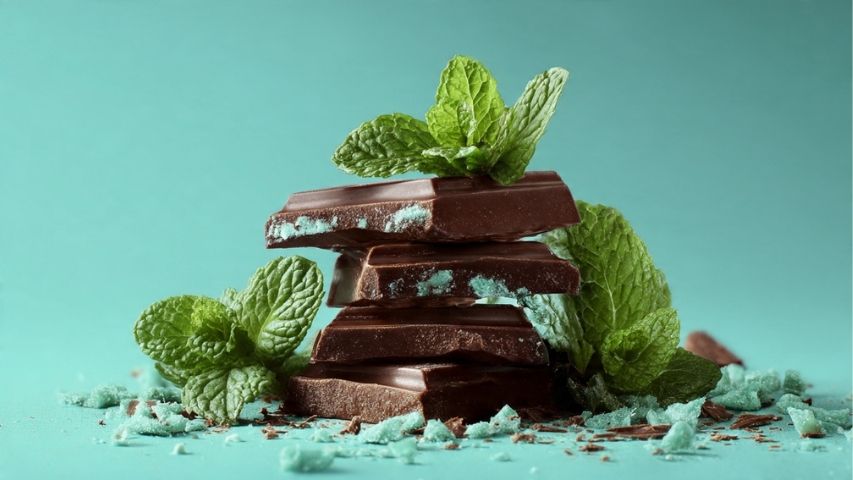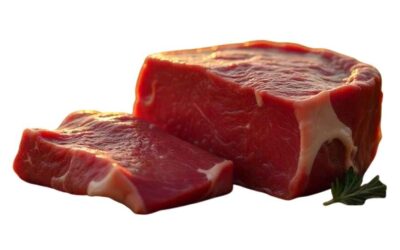Molasses. It’s thick, sticky, and sweet like honey, but it’s got this earthy depth that sugar doesn’t deliver. When you think about molasses, you probably picture old-fashioned gingerbread cookies or that bottle of syrup sitting on your grandma’s kitchen counter. But trust me, there’s so much more to it, especially when you start exploring the world of molasses made in Germany. Yes, Germany—home to sausages, pretzels, and world-class beer—is also home to some of the most incredible molasses you’ll find.
This post isn’t just about what makes German molasses unique (spoiler alert: it’s amazing); it’s about understanding how to use it, why it’s good for you, and how it can work its magic in your kitchen. Whether you’re a curious food nerd, health-conscious sweet lover, or a savvy chef, there’s something here for you.
What Exactly Is Molasses?
Let’s back up a bit before we start getting all swoony about how Germany does it. What is molasses? Like, really?
After sugarcane or sugar beets are processed to make sugar, molasses are left behind. It’s the thick, syrupy byproduct that people used to think of as waste. Crazy, right? Turns out, this “waste” is liquid gold. It has rich flavors and unexpected nutrients like iron, potassium, and calcium. Depending on how much it’s boiled, you’ll end up with light, dark, or blackstrap molasses, which tastes slightly different. Oh, and fun fact? Blackstrap molasses is the healthiest of the bunch (more on that later).
Now, Germany puts its unique spin on the process, primarily using sugar beets instead of sugarcane. This makes for a different flavor—smoother, creamier almost—while still bold.
Why German Molasses Stands Out
Okay, so what makes molasses made in Germany so special? I asked myself the same thing when I first stumbled upon it at a Berlin food fair. And spoiler alert—I wasn’t ready for the answer.
1. The Source: Sugar Beets vs. Sugarcane
Germany relies on sugar beets for its molasses, which changes the game. Beet-based molasses tends to have that earthy, almost caramelized flavor you don’t always get from cane molasses. It’s less sharp but just as bold—like the classy older sibling of traditional molasses.
Also, sugar beets thrive in Germany’s climate, which means the product is hyper-local and sustainable. If you’re into knowing exactly where your food comes from, German molasses will make your eco-conscious heart sing.
2. Production Methods
Here’s where German molasses flexes its muscles. German producers are sticklers for quality. The syrup isn’t just tossed together—it’s carefully monitored at every stage to ensure a pure, unadulterated flavor. No weird additives or shortcuts. It’s just real, honest molasses at its best.
3. Uses Beyond Sweets
If you think molasses is just for cookies or baked goods, German molasses would be like a word. Over there, they’ve figured out how to incorporate it into savory dishes, sauces, marinades, and craft beer. Intrigued? Yeah, me too.
The Health Benefits of Molasses (Yes, Really!)
I get it if you’re skeptical about anything sweet being remotely healthy. But hear me out. Molasses isn’t your average sugar-coated villain. It’s packed with nutrients that might surprise you.
Loaded with Minerals
Feeling sluggish? A spoonful of molasses contains iron, which can give your body that much-needed energy boost. It’s like nature’s multivitamin. Plus, you’ve got potassium (hello, happy muscles) and calcium (because strong bones aren’t optional).
A Healthier Sweetener Option
Okay, it’s still sugar—I won’t pretend you can eat this endlessly without consequences. But, compared to white sugar or refined sweeteners, it’s way less processed and retains more natural nutrients.
Supports Digestive Health
Here’s a fun tip from my time experimenting with blackstrap molasses in smoothies—it’s got a bit of magnesium, which can help digestion. Keep things moving, literally.
How to Use German Molasses in Your Kitchen
Bringing a jar of German molasses into your kitchen is like opening a world of flavor possibilities. Need proof? Check this out:
1. Baking with Depth
Gingerbread, molasses cookies, or even rye bread can get a serious flavor boost from German molasses. Fun fact: the beet-based variety creates extra moist baked goods without overpowering the other flavors.
2. Whisk into Sauces and Marinades
Mix German molasses with soy sauce, garlic, and a splash of vinegar for the world’s easiest marinade. Trust me—your grilled chicken or roasted veggies will thank you.
3. Sweeten Your Morning Oats
This one is for the health-conscious folks. Swap out the maple syrup or brown sugar in your oatmeal for a drizzle of molasses. It’s rich but not over-the-top sweet and sneaks in an extra dose of iron.
4. Add It to Coffee (Yes, Really.)
Cancel your caramel latte order and try this instead. A bit of molasses in black coffee creates this deep, indulgent, equally surprising, and satisfying flavor.
5. Get Creative with Beverages
Speaking of drinks, German craft brewers add molasses to stouts and porters to create rich, complex beer flavors. If beer isn’t your thing, you can use it in mocktails for an earthy twist.
Where to Buy Molasses Made in Germany
Now that I’ve got you hyped, you’re probably wondering—where can I get my hands on this magical ingredient? Luckily, German molasses is becoming easier to source internationally. Check specialty stores, online retailers, or even your local farmers’ market if you’re lucky enough to live near one with imported goods. Pro tip? Look for organic molasses from sustainable producers. It’s worth it.
Why German Molasses Deserves a Spot in Your Pantry
Molasses isn’t just for your grandma’s holiday baking recipes anymore. It’s an underrated kitchen hero, and Germany is leading the charge in putting it back in the spotlight. Whether you’re a foodie, a health nut, or someone just looking to spice up your daily meals, molasses made in Germany has something special to offer.
Try it for baking. Use it in marinades. Drizzle it on your pancakes. Just eat a spoonful from the jar (no judgment here). You’ll wonder how you lived without it all these years.



















